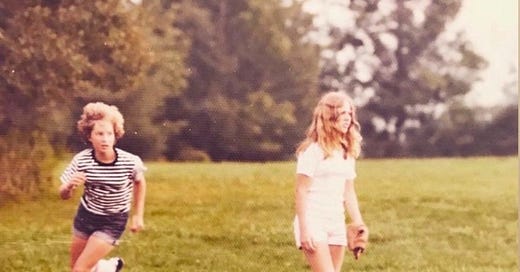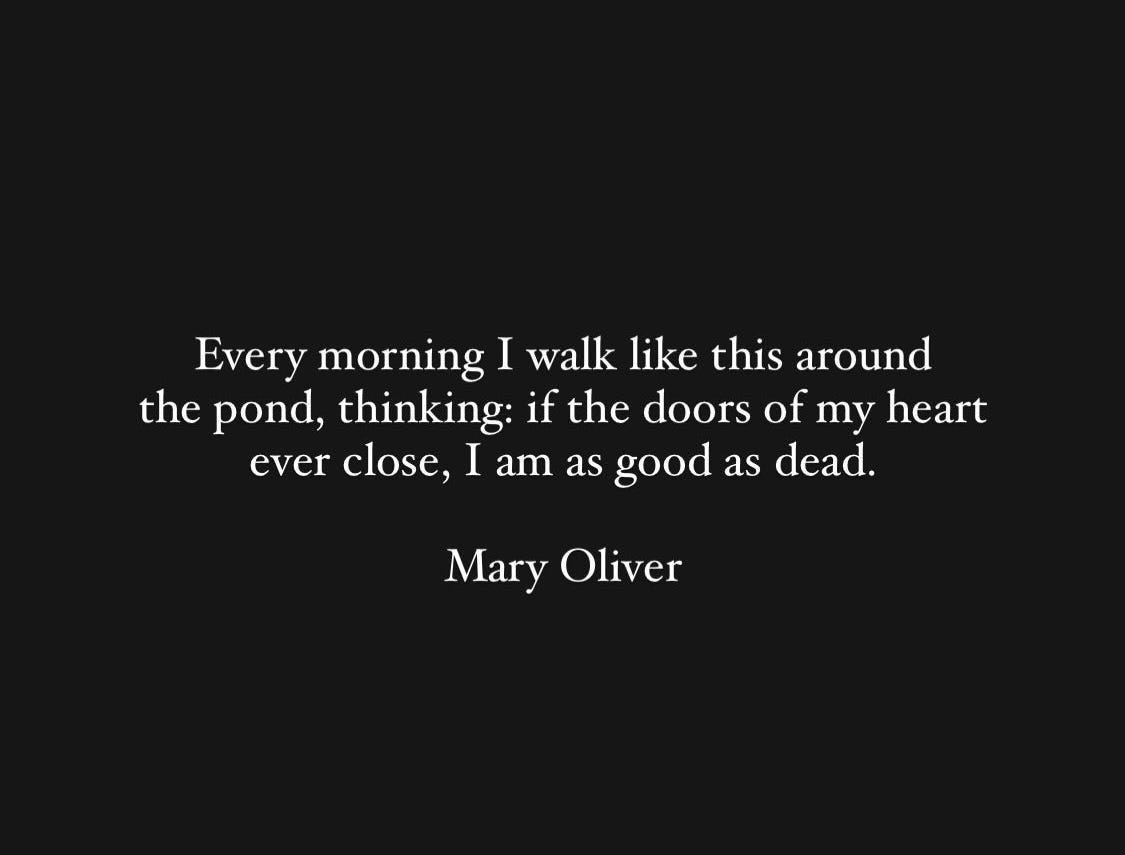I grew up in Queens in the late sixties and seventies, and I spent much of my time after school in one of two playgrounds — the one connected to my grade school in a lovely, leafy area called The Crescents, and the other one connected to what would eventually be my middle school that was at the time so dangerous that one took one’s life in one’s hands just using the bathroom on the third floor.
In each playground there was one child — usually a boy, but not always — who enjoyed passing his after-school hours by dismembering Daddy Longlegs (Daddys Longleg?) one leg at a time, just because he could. This was the same child who discovered that if you captured an insect and held it under a magnifying lens in the sun, it would slowly burn to death, eventually bursting into flame. I’m thinking in these two cases of a specific child, who, when I close my age-hobbled eyes, I can still see clearly. I was horrified by his actions — most of us were, except for those few who, recognizing his burgeoning psychopathic tendencies, decided that it would be safer for them to befriend him and become part of his posse.
Finally, one day I asked him: Why? Why are you doing this? He had a two-word, simple answer: Why not?
I was mystified; it made no sense to me. I had certainly been bullied to an extreme as a child, but this was different. Five years after I told my grandmother what was happening, this kid tried to land a job walking my eighty-pound Airedale. My grandmother said no. After the spiders, she said, there would likely be mice. Then cats. Then dogs. And then people.
My grandmother was smart and a good judge of character, and she was right. I don’t know if he harmed small animals — we certainly didn’t let him anywhere near our pets — but eventually, he took to standing on a Grand Central Parkway overpass not far from where we lived and dropping heavy, fist-sized rocks onto the windshields of oncoming cars. He was eventually caught by the cops, and they asked him why he was doing it. Why not? he said. He was a preteen, so the police released him to his parents with a warning: if it happened again, he was going to end up in what we used to call juvy.
It’s just another version of hell, they say, to live with a brain that commands you to intentionally harm others.
The girls who did this kind of thing were less inclined to be impersonal about it; I remember being in sleepaway camp in 1975 and running the 440 during a track meet. I was struggling hard to pace myself, and really concentrating — I’m not a natural runner — and as I came down the last straightaway, on the inside and in the lead, a kid from my group who was standing off to the side of the track stuck her foot out in front of me. I don’t remember much more than a counselor running over to see if I was okay, and then walking me to the infirmary where I spent an hour having the camp nurse remove bits of gravel from my bloodied knees with a pair of tweezers. Why did you do it? this girl was asked by the head counselor. Why not? she shrugged, adding, It was fun. We were both twelve years old.
What I am getting at here: the inclination to commit acts of cruelty just because. To harm others just for the hell of it. To commit these acts at all seems completely antithetical to human nature and instinct, although it is here that my friends in the clergy tell me I’m wrong. It’s just another version of hell, they say, to live with a brain that commands you to intentionally harm others. And this is the definition of cruelty: the intentional inflection of suffering or the inaction towards another’s suffering when a clear remedy is readily available. But do those who commit cruelty even bother to look for that clear remedy? Or is the dopamine hit that comes with a sadistic act so strong that it simply overrides everything, not only removing any control over it but enticing the cruel to just keep going, to want more and more, in the way that some of us just can’t stop after the first drink? Years ago, in the days of my heavy wine imbibing, I would turn into someone else after the third glass. My wife described me as a dog with a bone. I had inherited my father’s temper. After what began as a pleasant evening with a bottle of wine or two, there would be a shift. I’d pick a fight with her and pick and pick and pick until she fled the house in tears. One day she said to me You can be incredibly cruel when you drink too much. The person I love more than anyone else in the world held a mirror up to me, and I hated, truly hated, what I’d become. Stopping has been a large part of this final third of my life. Chemical-induced rage and cruelty and I are no longer on speaking terms.
We are all, every one of us, at risk of it; it’s our job to recognize it, to realize it, to halt it. People who like to fight, to argue, to engage in emotional sadism because it hits a dopamine target: this is also cruelty, with its roots in the soil of unfinished business. It was Vivian Gornick who said we need to see the loneliness of the monster and the cunning of the innocent. That’s because it exists in every one of us, to a lesser or greater degree; the greater the degree, the more likely the tip-over into psychopathology.
Keep reading with a 7-day free trial
Subscribe to Poor Man's Feast to keep reading this post and get 7 days of free access to the full post archives.






